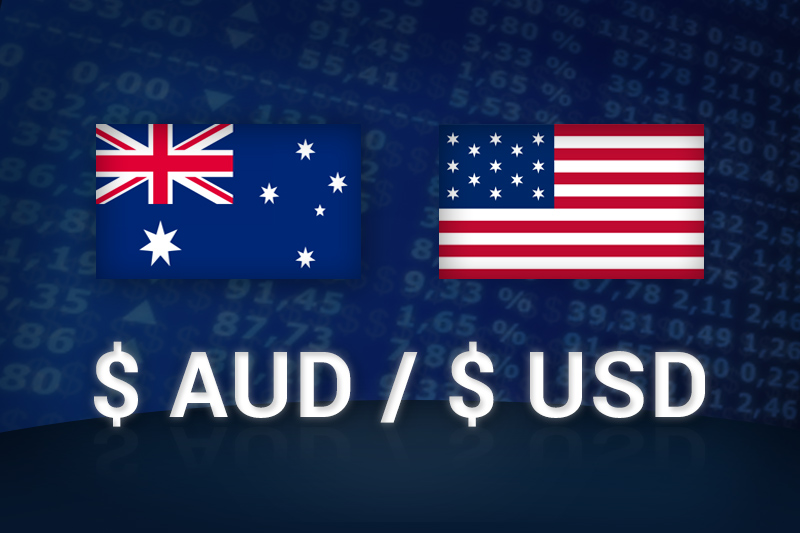Investing.com - The Australian dollar took a hit against its U.S. counterpart on Wednesday after Greek political parties failed to agree on a coalition in wake of last weekend's elections, fueling fears the country may abandon the currency in the near future.
In Asian trading on Wednesday, AUD/USD hit 1.0069, down 0.50%, up from a session low of 1.0066 and off from a high of 1.0124.
The pair was likely to find technical support at 1.0041 and resistance at 1.0161.
Deepening uncertainty plaguing Europe took its toll on higher-yielding currencies like the Australian dollar.
In France, socialist Francois Hollande defeated President Nicolas Sarkozy in weekend elections, as voters rejected austerity measures supported by the outgoing administration and opted to embrace Hollande's calls to prioritize growth over cutting spending.
Concerns are brewing that while Europe's economic motor and austerity champion Germany will welcome a Hollande victory, relations won't be as cozy between the two nations as they were under Sarkozy, at least when it comes to navigating Europe out of the debt crisis.
Meanwhile in Greece, a crisis-weary nation is shifting through the fallout of last weekend's parliamentary elections.
The country's leading political parties failed to secure 50% of the votes, with smaller, fringe parties taking a larger slice of the electoral pie.
Concerns are brewing that Greek political parties won't agree on a coalition government by June, when a tranche of bailout money is due, especially amid growing sentiment that more and more policymakers have had enough with austerity measures like layoffs and spending cuts.
Talk of Greece abandoning the euro is also growing, a scenario that could potentially roil currency markets.
The Australian dollar is sensitive to global growth rates, and fears Europe will fall deeper into crisis and dampen global growth bruised the currency.
The Australian dollar was down against the euro and down against the yen, with EUR/AUD up 0.21% at 1.2879 and AUD/JPY down 0.46% at 80.46.
Later Wednesday, the U.S. is to produce government data on crude oil stockpiles.
The country is also to hold a 10-year government bond auction.
In Asian trading on Wednesday, AUD/USD hit 1.0069, down 0.50%, up from a session low of 1.0066 and off from a high of 1.0124.
The pair was likely to find technical support at 1.0041 and resistance at 1.0161.
Deepening uncertainty plaguing Europe took its toll on higher-yielding currencies like the Australian dollar.
In France, socialist Francois Hollande defeated President Nicolas Sarkozy in weekend elections, as voters rejected austerity measures supported by the outgoing administration and opted to embrace Hollande's calls to prioritize growth over cutting spending.
Concerns are brewing that while Europe's economic motor and austerity champion Germany will welcome a Hollande victory, relations won't be as cozy between the two nations as they were under Sarkozy, at least when it comes to navigating Europe out of the debt crisis.
Meanwhile in Greece, a crisis-weary nation is shifting through the fallout of last weekend's parliamentary elections.
The country's leading political parties failed to secure 50% of the votes, with smaller, fringe parties taking a larger slice of the electoral pie.
Concerns are brewing that Greek political parties won't agree on a coalition government by June, when a tranche of bailout money is due, especially amid growing sentiment that more and more policymakers have had enough with austerity measures like layoffs and spending cuts.
Talk of Greece abandoning the euro is also growing, a scenario that could potentially roil currency markets.
The Australian dollar is sensitive to global growth rates, and fears Europe will fall deeper into crisis and dampen global growth bruised the currency.
The Australian dollar was down against the euro and down against the yen, with EUR/AUD up 0.21% at 1.2879 and AUD/JPY down 0.46% at 80.46.
Later Wednesday, the U.S. is to produce government data on crude oil stockpiles.
The country is also to hold a 10-year government bond auction.
